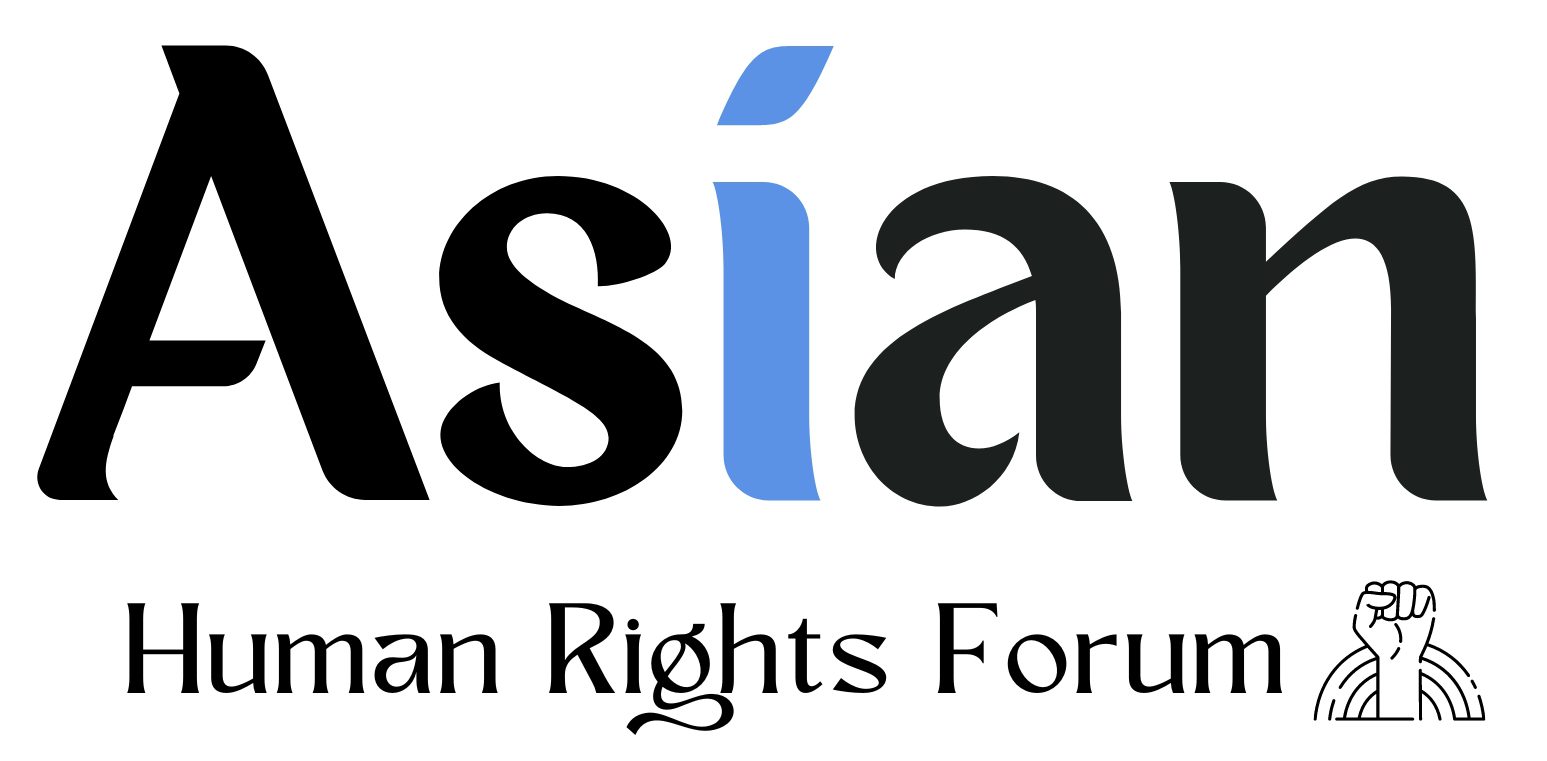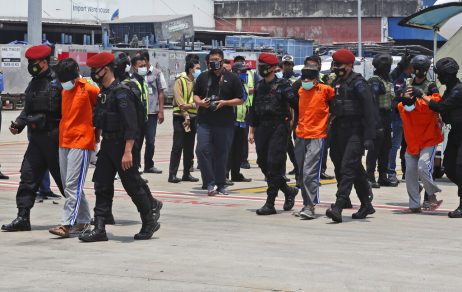
USA State department country report on China
CHINA
Overview: The counterterrorism efforts of the People’s Republic of China continued to target almost exclusively ethnic Uyghur and other Turkic Muslim alleged extremists, whom Beijing labels as the East Turkistan Islamic Movement (ETIM), a group Beijing considers the primary source of terrorism in Xinjiang. However, the United States has not seen clear and convincing evidence of ETIM’s existence. In July and August, as the United States was withdrawing forces from Afghanistan, Chinese Foreign Minister Wang Yi called on the Taliban to “re-impose the ban on Xinjiang’s Uyghur militant group ETIM,” and to “resolutely and effectively combat” the
organization. Further, People’s Republic of China officials stated that Beijing would strengthen ties with the Taliban to ensure “ETIM do[es] not function from Afghanistan’s soil targeting Xinjiang.”
The Government of the People’s Republic of China’s measures, which it describes as counterterrorism, have included holding more than one million people in detainment camps. NGO data have identified more than 12,000 of these detainees who were sentenced to prison terms, in most cases for five to 20 or more years. When questioned, the People’s Republic of China claimed that the camps are vocational education and training centers. The People’s Republic of China denies that its Xinjiang policies involve human rights abuses, claiming its system of “reeducation” camps exist to “combat separatism and Islamist militancy in the region” and are a crucial part of the “war on terror.” China continued to expand law enforcement tools and enhance its military and counterterrorism capacities to justify and improve its ability to carry out this repressive campaign, respond to threats because of China’s increasing global economic footprint, and garner international support for its counterterrorism-related policies.
2021 Terrorist Incidents: People’s Republic of Chinese officials claimed that no violent terrorist incidents occurred in the country; however, Chinese authorities continued to use counterterrorism as a pretext to prosecute ethnic Uyghurs, who are predominantly Muslim, and members of other ethnic and religious minorities, on terrorism charges. In April,
International terrorist-related incidents associated with Chinese citizens continued in 2021, including a targeted gun assault by a Sindhi separatist group in Karachi, Pakistan, that
wounded a People’s Republic of China national; a Tehrik-e Taliban Pakistan (TTP) attack on China’s ambassador to Pakistan, during which four others died; a Balochistan Liberation Front (BLA) attack on two People’s Republic of China nationals in Karachi; a BLA suicide bombing attempt against Chinese interests in Gwadar, Pakistan; and the deaths of nine Chinese workers by suicide bomb in Pakistan’s Khyber Pakhtunkhwa province, which China attributed to ETIM with TTP’s assistance.
Legislation, Law Enforcement, and Border Security: The People’s Republic of China continued to advance and defend its counterterrorism policies, including reeducation camps in Xinjiang. On June 1, the People’s Bank of China issued a revised draft anti-money laundering law for public comment, with the stated goal of preventing and curbing money laundering and terrorist financing as well as safeguarding national security. As of this report’s publication, the legislation has not been passed. Under the pretext of securing the border against ETIM members, the People’s Republic of China placed politically motivated INTERPOL red notices against Uyghurs.
Countering the Financing of Terrorism: China is a member of the Financial Action Task Force, the Asia/Pacific Group on Money Laundering, and the Eurasian Group on Combating Money Laundering and Terrorist Financing. China’s Financial Intelligence Unit is not a member
Bawudun, former head of Xinjiang’s Department of Justice, and Sattar Sawut, former head of
Shirzat
Xinjiang’s Department of Education, were sentenced to death on terrorism and extremism
charges; five others were given lesser sentences.
of the Egmont Group and lacks capacity or political will to effectively share financial intelligence.
Based on current law enforcement investigations, the People’s Republic of China does not adequately control terrorist financing. Chinese law enforcement claimed to have limited ability to freeze funds and investigate banking transactions, and no corporate transparency regulations exist. China piloted a central bank-backed digital currency known as the eCNY, or eCNY Digital Currency Electronic Payment, to deter use of other virtual currencies, among other objectives. The People’s Republic of China also increased regulatory scrutiny of the financial sector by making improvements to the anti-money laundering framework. However, serious shortcomings persisted in effective implementation and ensuring transparency, particularly in the context of international cooperation.
Countering Violent Extremism: The People’s Republic of China continued to implement broad repressive campaigns in Xinjiang under the guise of countering what the Chinese government calls “extremism.” China’s repressive measures include mass “reeducation” and “vocational training” of predominantly Muslim Uyghurs and members of other ethnic and religious minority groups. Despite the United States’ 2021 determination that People’s Republic of China authorities in Xinjiang have committed genocide and crimes against humanity and strong condemnations from many other countries, China continued to defend its policies in Xinjiang and obstructed access to the region by international observers. In October, Xinjiang Uyghur Autonomous Region Spokesperson Xu Guixiang stated: “The so-called Xinjiang-related issues are not ethnic, religious, or human rights issues at all, but antiviolence, antiterrorism, anti- infiltration, antiseparation, and anti-interference issues.” Under the pretext of counterterrorism efforts, the People’s Republic of China used existing domestic laws to actively screen, monitor, and censor its citizens on the internet.
The People’s Armed Police is increasingly focused on internal security and joint operations with the People’s Liberation Army and is developing capabilities for rapid response, mobility, and counterterrorism operations, which included “counterterrorism in Xinjiang and Tibet.” In December, the People’s Liberation Army conducted emergency drills and joint law enforcement drills in a nationwide campaign. A 2021 Department of Defense report noted that the People’s Republic of China continued to develop military and law enforcement capabilities and further coordination between Chinese military and counterterrorism apparatuses, stating: “Xi Jinping and the [Chinese Communist Party] leadership tasked the [People’s Armed Police] with integrating themselves into the [People’s Liberation Army’s] joint operation system.”
International and Regional Cooperation: The People’s Republic of China engaged in multilateral, regional, and bilateral fora, seeking to present itself as a global leader on counterterrorism. China continued to promote the UN as the primary international forum for counterterrorism, where it actively advances a repressive approach to counterterrorism.
then the political chief of
“make a clean break with all terrorist organizations,
including ETIM.” In response, the Taliban leader said it “will never allow any force to use Afghan territory to engage in acts detrimental to China.”
On July 28, Wang Yi met with Mullah Abdul Ghani Baradar,
Afghanistan’s Taliban, urging the Taliban to
In August the People’s Republic of China conducted antiterrorism drills with Tajikistan, citing concerns about terrorist elements from Afghanistan spilling over the border. In September, troops from China and Pakistan conducted a joint exercise as part of the Shanghai Cooperation Organization’s (SCO’s) Regional Antiterrorism Structure. In September, President Xi presented a five-point proposal underscoring SCO’s important efforts over the past 20 years. On December 22, the China Institute of International Studies, which is affiliated with the MFA, organized the second International Seminar on Counterterrorism, focused on new threats and joint response measures to counter terrorism, particularly in Afghanistan, in which 17 countries participated.
The People’s Republic of China is a member of the following organizations:
• The ASEAN Regional Forum
• The Asia Pacific Economic Cooperation
• The East Asia Summit
• The Global Counter Terrorism Forum
• The SCO Regional Anti-Terrorism Structure





